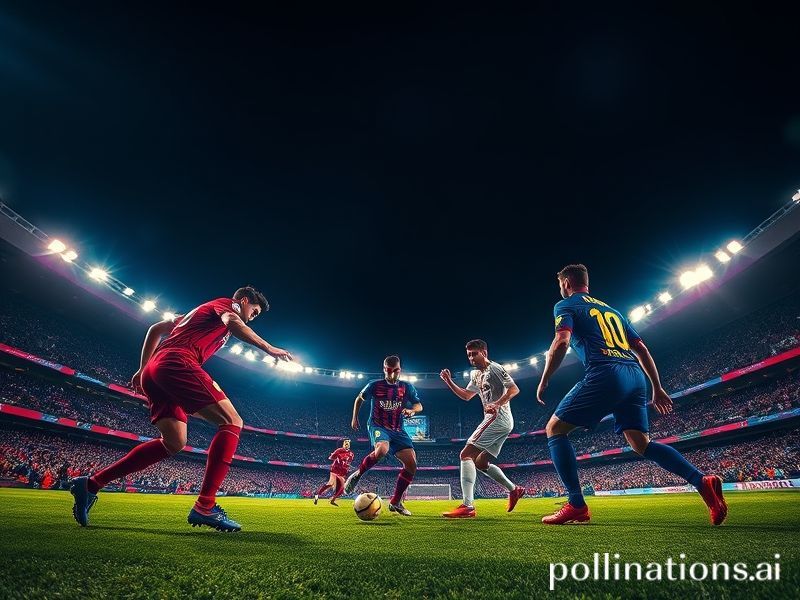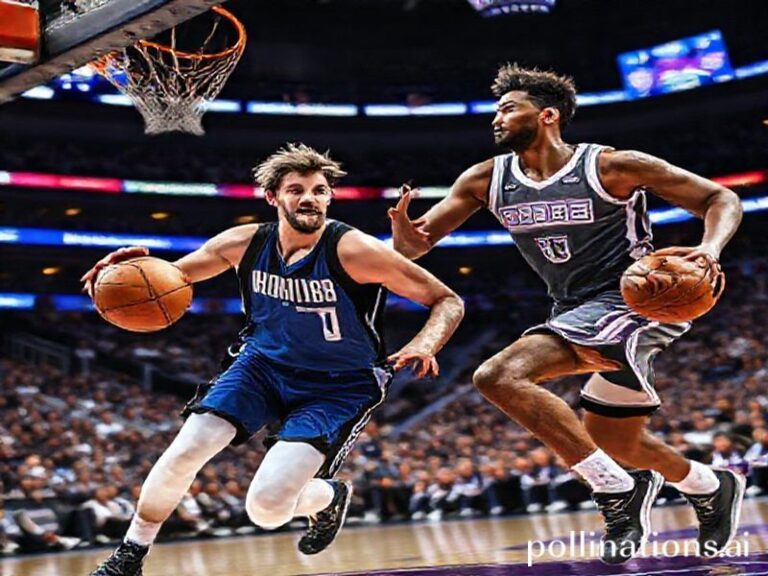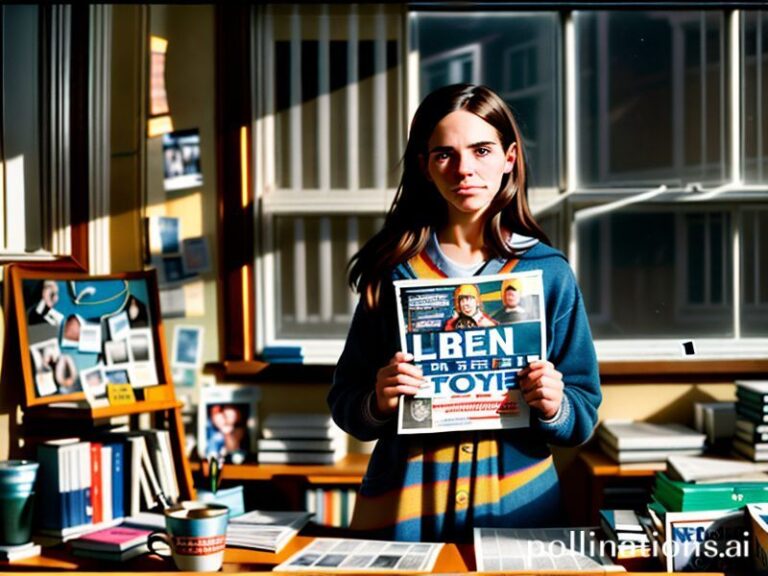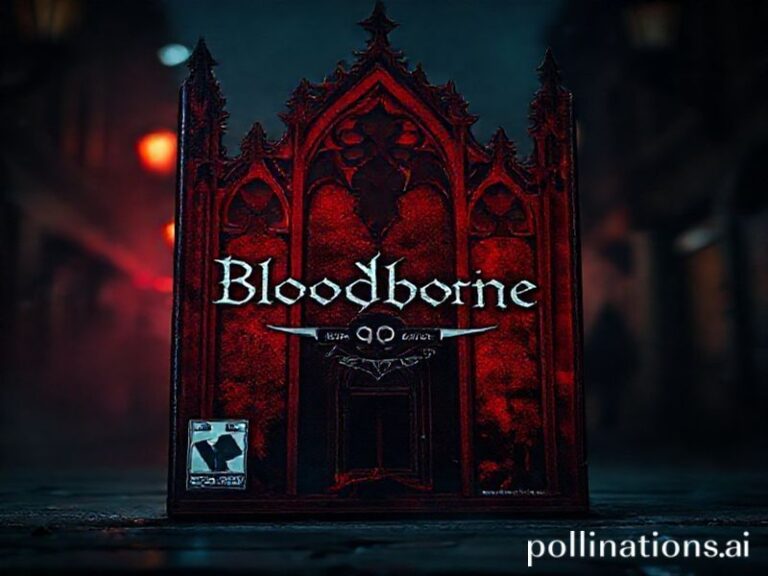Sevilla vs. Barcelona: When a Football Match Becomes a Balance-Sheet Ballet
Sevilla vs. Barcelona: A Flamenco Funeral Dirge for the Global Game
By Diego Serrano, Senior Correspondent, Dave’s Locker
When the final whistle blew at the Ramón Sánchez-Pizjuán last Saturday, the 1-1 scoreline felt less like a football result and more like a carefully choreographed piece of performance art commissioned by the European Central Bank. Sevilla’s ultras lit flares that could be seen from the International Space Station—assuming, of course, the astronauts weren’t too busy watching the simultaneous crypto crash on their second monitor. Meanwhile, 1,000 kilometers north-east, Barcelona’s socios exhaled the kind of collective sigh usually reserved for discovering that the bank has repossessed not just your house but also your dog.
Welcome to the 2024 edition of Sevilla–Barcelona: a match whose geopolitical implications now rival a G7 summit, but with worse catering.
THE BIGGER FIXTURE
In simpler times, this was merely Spain’s second-most toxic love affair after Iberia’s baggage-claim policy. Today, though, Sevilla vs. Barcelona is a stress test for the entire European football-industrial complex. On one side, a club whose accountants have been forced to treat Spotify Camp Nou naming rights the way medieval peasants viewed indulgences—spiritually reassuring, fiscally useless. On the other, a team that recently sold 25 percent of its LaLiga-TV rights to an American private-equity outfit that, rumor has it, thinks “Golazo” is a new crypto token.
The fixture now serves as a quarterly shareholder update disguised as sport. Every misplaced pass is immediately interpreted by Bloomberg terminals as a leading indicator on Iberian sovereign debt; every VAR review is scrutinized by New York hedge-fund interns who believe “offside trap” is a tax loophole. Somewhere in Davos, Klaus Schwab is quietly updating his PowerPoint: “Leveraging Andalusian Full-Back Overlaps for Global Resilience.”
GLOBAL BRANDS, LOCAL AFTERSHAVE
For the worldwide audience—streaming from Lagos laundromats to Tokyo co-working pods—the game offers a rare chance to watch elite athletes pretend they aren’t exhausted from playing three continents in nine days. Barcelona’s new teenage wunderkind, hailed on TikTok as “the Korean Messi with better dental work,” lasted 67 minutes before cramping up like a first-year analyst after bonus season. Sevilla’s veteran striker, meanwhile, spent the second half limping in ironic homage to Europe’s pension systems: still technically functional, but only because nobody dares switch it off.
The real spectacle occurs in the mixed zone, where players speak fluent marketing. “We gave 110 percent for the fans, the badge, and our strategic partners at the Saudi Tourism Authority,” recited Sevilla’s captain, whose post-match bottle of electrolyte water had a QR code promising a free NFT of the club’s 2006 UEFA Cup win. A Catalan journalist tried to ask Barcelona’s coach about the spiraling wage bill, but the question was intercepted by a club press officer faster than a central bank currency intervention.
A GAME OF DEBT SHADOWS
Let’s not kid ourselves: the match was sponsored by a cryptocurrency exchange currently under SEC investigation and broadcast on a streaming platform whose user agreement is longer than Proust. Every seat in the stadium was allegedly sold, yet the camera panned across entire sections of corporate emptiness—ghost fans who had presumably been liquidated in the latest SPAC merger. The only audible chants came from a pocket of Danish stag-party tourists who thought they’d bought tickets to a Rolling Stones concert and decided to stay out of sheer Scandinavian fatalism.
Still, the draw keeps both clubs mathematically alive for the Champions League places, which in 2024 is less about sporting glory and more about ensuring quarterly coupon payments to the bondholders who now own everyone’s grandmother’s season-ticket rights.
EPILOGUE IN A MINOR KEY
As fans filed out into the Andalusian night, local bars served “crisis tapas”—half-rations of jamón at full price. The televisions inside flickered to breaking news: Elon Musk had just offered to buy LaLiga outright, promising to replace the league table with a “community-note fact-checking leaderboard.” Somewhere in the distance, a lone flamenco guitarist played a mournful seguirilla, perfectly in tune with the global mood: beautiful, broke, and broadcast in 4K HDR.







